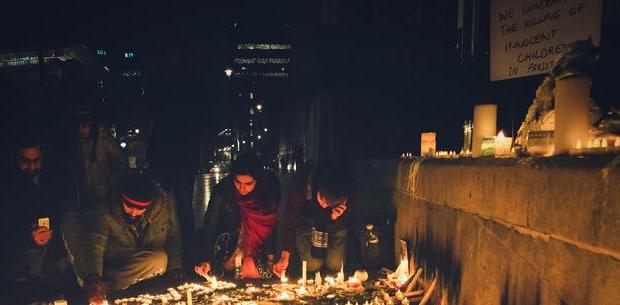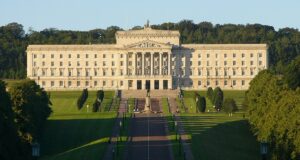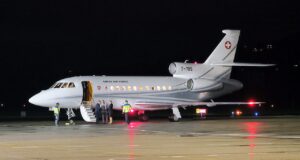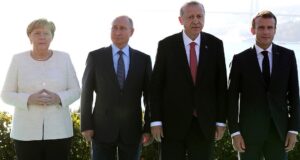For many years U.S. officials have expressed anger at Pakistan over its relationship with the Taliban and other terrorist groups.
In a Senate hearing in 2011, Admiral Mike Mullen condemned Pakistan’s support for terrorism and testified that the country’s Inter-Services Intelligence (ISI) agency was actively involved in supporting networks linked to Al-Qaida and the Taliban. He accused Pakistan of exporting extremism to Afghanistan and that “by exporting violence, they [Pakistan] have eroded their internal security and their position in the region.”
Former Secretary of State Hillary Clinton has also warned that Pakistan had kept “poisonous snakes in its backyard and expected them to bite only its neighbours.” The barbaric attack on a school in Peshawar on 16 December which killed 145 – including 132 innocent children – is another pressing reminder of Clinton’s statement.
For the Pakistani government, the Taliban have been a powerful instrument of influence in Afghanistan. The two countries have longstanding border disputes. Since Pakistan’s birth, Afghanistan has never acknowledged the country’s internationally recognised border, the so called Durand Line, with its neighbour.
The Durand Line separates Pashtun tribes in half and, as a result, successive Pashtun rulers in Afghanistan have refused to accept it. In his 13 year long tenure, Hamid Karzai refused to recognise the Durand Line and reiterated that no future Afghan government will ever do so. The former Afghan president once said that “whatever the British Empire imposed on Afghanistan, it was not acceptable in 1893 and it is not acceptable to us today.”
As such, the primary objective of Pakistan in supporting violence, tyranny and instability in Afghanistan is to force its neighbour into submission and accept the demand for formal recognition of the Durand Line. While in power, Mullah Omar and his fellow Mullahs, had effectively surrendered their foreign policy to Islamabad and, thus Afghanistan was under almost full control of Pakistan. Islamabad hopes that as long as the regime in Kabul remains under its influence, the Durand Line dispute is buried for good.
Unfortunately for Pakistan, the snakes it trained and supported to bite the Afghans on the other side of the line, have grown multiple monstrous heads which have inflicted enormous suffering and pain on their own innocent men, women and children. Tens of thousands of ethnic and religious minorities have been killed or displaced. Christians are burnt alive and parts of the Quetta city have been turned into an open air prison for the Hazara community who have been subject to numerous deadly attacks in recent years.
The country’s economy has collapsed, businesses are repeatedly targeted and tourists have stopped visiting. With soaring poverty and endemic corruption, Pakistan has become one of the most dangerous places in the world. The nuclear armed country has effectively become a failed state.
Terrorism and religious extremism are no longer a side issue in Pakistan. Rather, it is at the fore and scarily by far the greatest challenge facing the future of the 67 years old nation. As millions on both sides of the Durand Line suffer, Pakistan’s political and military establishment continue to remain in denial. Just a day after the Peshawar massacre, the country’s former military dictator, General Pervez Musharraf, told the CNN that India and Afghanistan were behind the Taliban atrocities. Later, he told the Newsnight that it was not his country, rather, the West that could not be trusted.
Afghanistan, for the foreseeable future, will not be able to threaten Pakistan’s territorial integrity, and whether it recognises the Durand Line or not will not matter. Islamic extremism and terrorism, on the other hand, are real threats to both countries’ very existence. For the sake of hundreds of thousands of innocent lives: enough is enough.
 Human Security Centre Human Rights and International Security Research
Human Security Centre Human Rights and International Security Research




